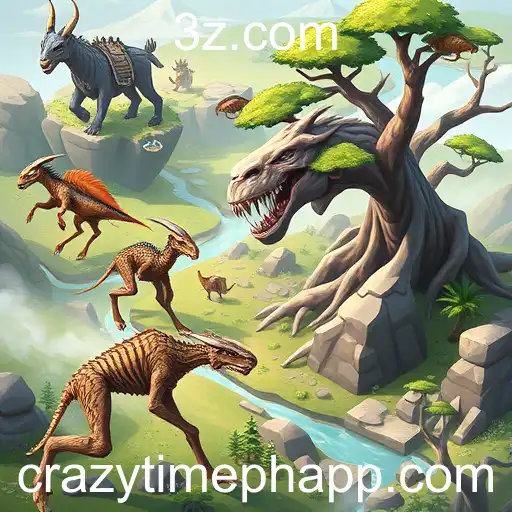
Exploring the rapid changes in the gaming world as technological advancements and social dynamics collide.
As we navigate through 2025, the gaming industry stands at a fascinating crossroads of technological advancement and cultural evolution, aptly described by some as a 'crazy time.' This period is marked by rapid growth and significant transformations within this digital playground, fueled by advancements that continuously push the boundaries of what was once thought possible.
The backdrop of this evolution is the increasing incorporation of virtual and augmented reality, technologies that have matured to provide gamers with more immersive experiences than ever before. These innovations are reshaping the way players interact with game environments, offering not just entertainment but also profound social experiences. Players can now gather in virtual spaces that are meticulously detailed, allowing for interactions that are both engaging and, to a certain extent, reflective of real-world dynamics.
Additionally, artificial intelligence continues to refine the gaming landscape. AI now plays a crucial role in developing non-player characters (NPCs) with sophisticated behavior patterns, making game worlds feel more alive and responsive. Machine learning algorithms tailor game difficulty and outcomes to the player's skill level, ensuring personalized gaming experiences that keep enthusiasts coming back for more.
Alongside these technological advancements, the industry faces new challenges and opportunities in maintaining fair play and community safety. The incorporation of blockchain technology aims to address some of these concerns, particularly regarding digital rights management and in-game transactions, offering transparency and security.
The increased social connectivity also extends to online communities, which have become integral components of modern gaming. With platforms facilitating global connections, players can share experiences, strategies, and fandom across vast distances, contributing to a rich tapestry of subcultures and shared narratives. As communities thrive, game developers are increasingly adopting player feedback to co-create content, a trend that elevates player engagement and satisfaction.
In summary, while these changes illustrate a vibrant and ever-evolving landscape, they also underscore the ongoing dialogue about digital ethics, inclusivity, and the role of technology in shaping future interactions. As we continue to witness gaming's evolution, it remains clear that the industry is set on a trajectory that merges innovation with complex social dimensions, ensuring that it remains a compelling and influential force in the global entertainment sector.




